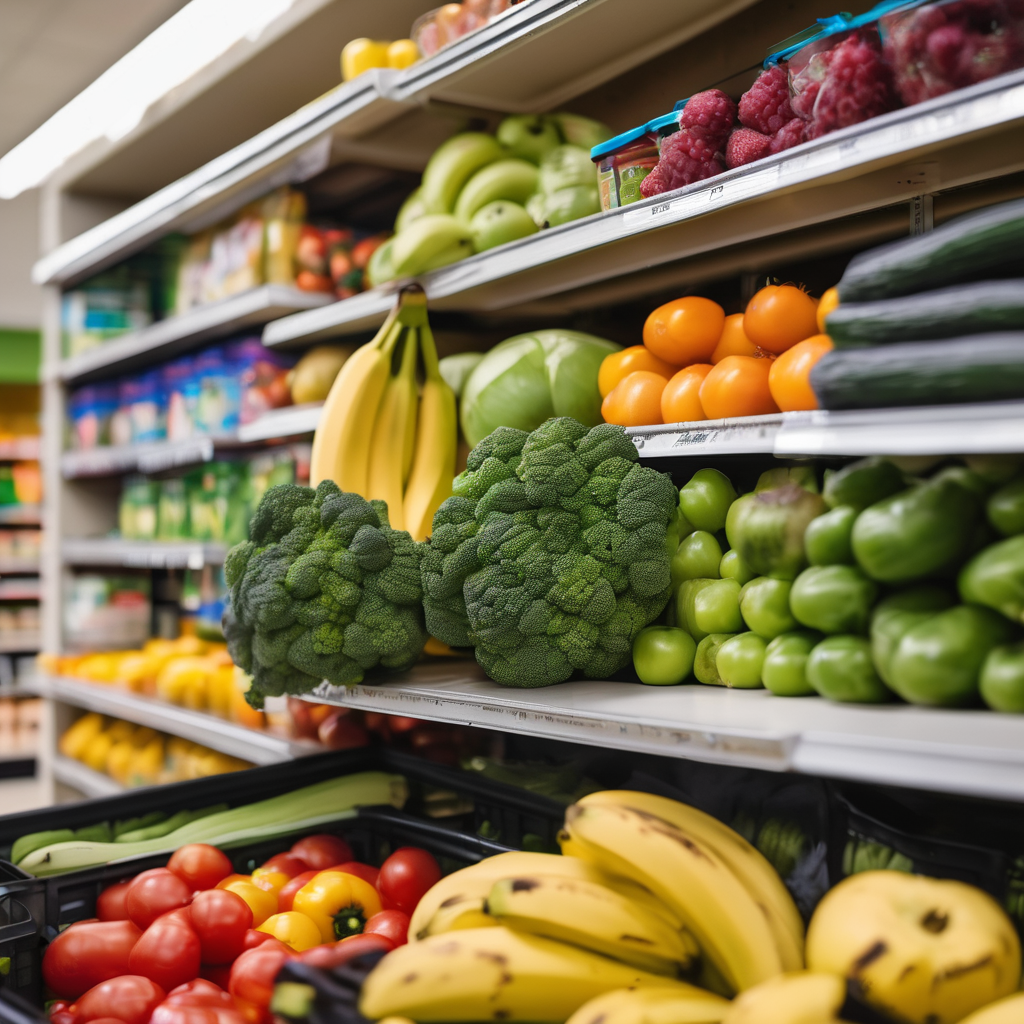Food pantries across California’s college campuses are striving to maintain their stock as disruptions to CalFresh benefits affect over 334,000 students in higher education. In Yolo County, approximately 6,000 students benefit from CalFresh, a significant number of whom are from UC Davis. Students like Ezra Chavon, a second-year UC Davis student, rely heavily on the ASUCD Food Pantry, where they report coming in for meals several times a week.
In response to this urgency, UC Davis and the Yolo Food Bank have been collaborating closely to arrange food distributions for students grappling with food insecurity. Conner Daniels, the food program supervisor at the Aggie Compass Basic Needs Center, indicated that limits on purchase amounts will be increased, with weekly drops of 10,000 pounds of food starting next month at various campus locations.
The ASUCD food pantry serves as a crucial resource for many students. Carrie-Anne Perez, a student who visits regularly, noted how essential the pantry is for her since she does not have a dining plan and is living off campus. The challenges of budgeting for food are amplified for many, with students like Chavon balancing two jobs to manage their expenses. “This has been a lifesaver for me,” he expressed regarding the food pantry.
However, there are concerns among those managing campus food assistance programs regarding whether they can meet the increasing demand amidst ongoing delays in benefit distributions. With at least 40% of CalFresh recipients in Yolo County accessing additional support resources, the need for food assistance remains significant.
Emergency food distribution events at UC Davis are scheduled for November 8 and November 15 from 9 a.m. to noon. The campus also provides ten additional food pantries and the AggieFresh program, as well as the Aggie Eats food truck, which offers prepared meals at little to no cost for students facing food insecurity.
This collaborative effort highlights the resilience and community spirit among students and staff at UC Davis as they work together to tackle food insecurity during uncertain times.
